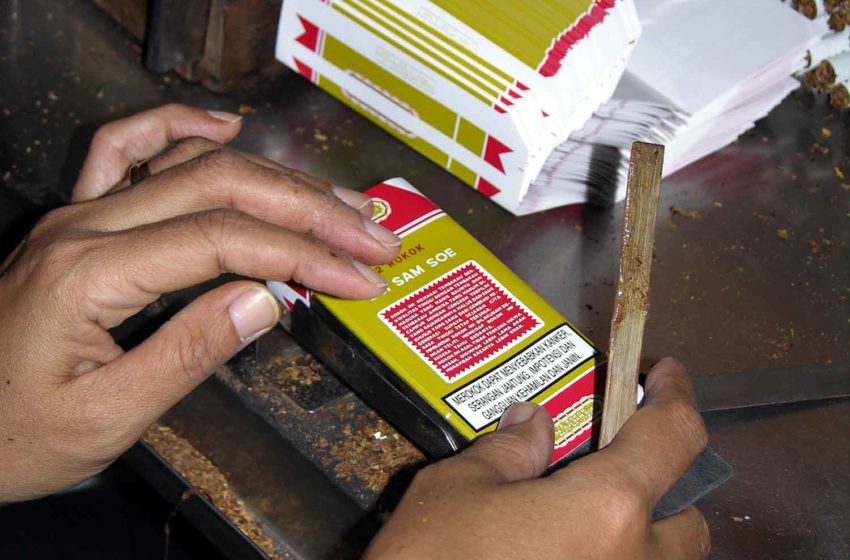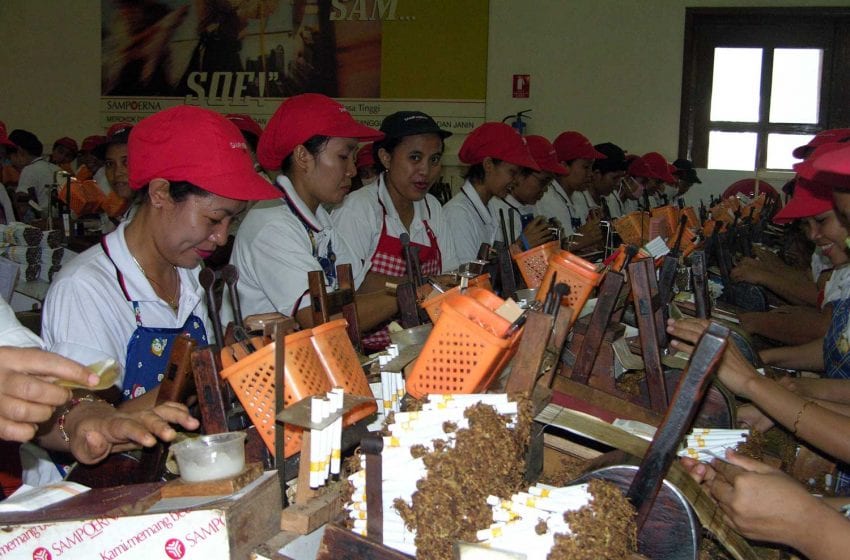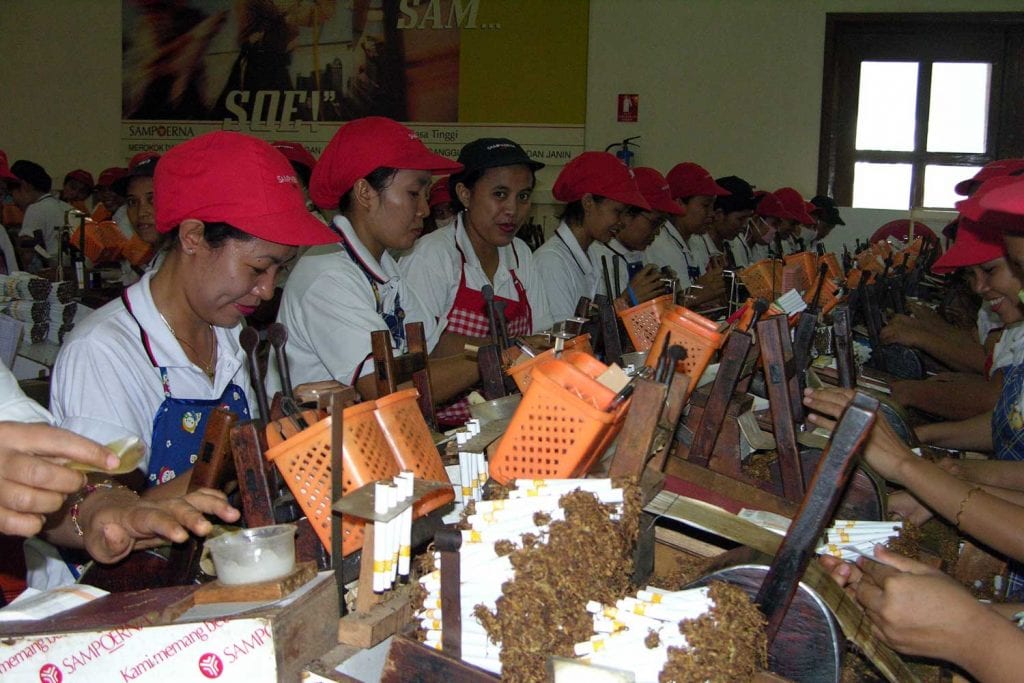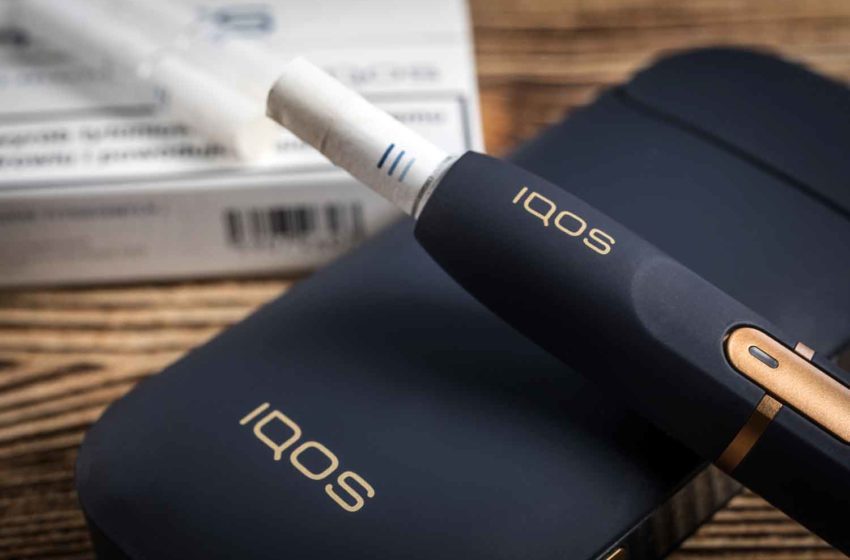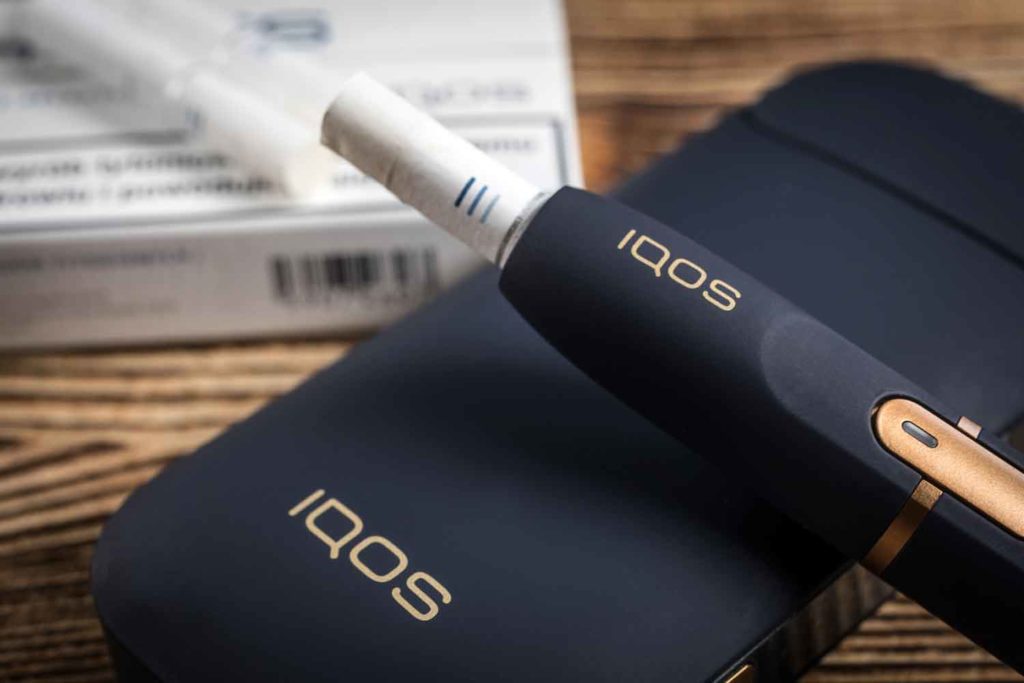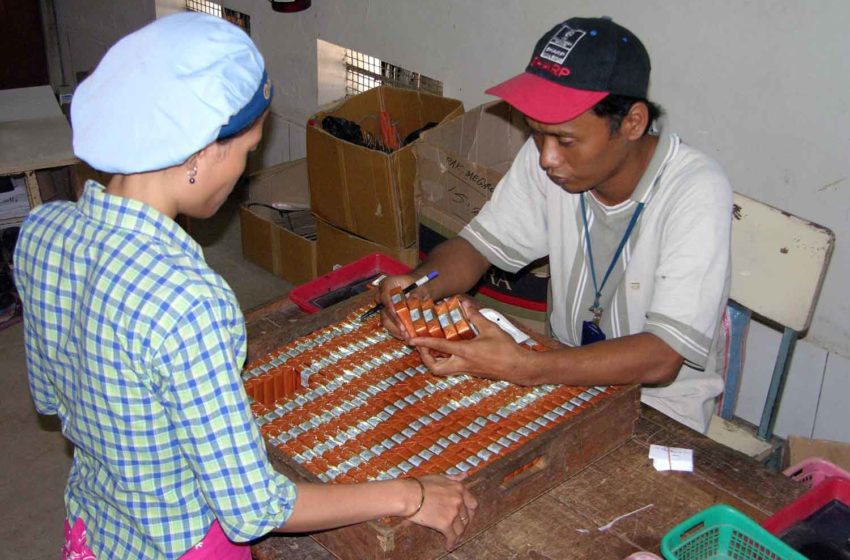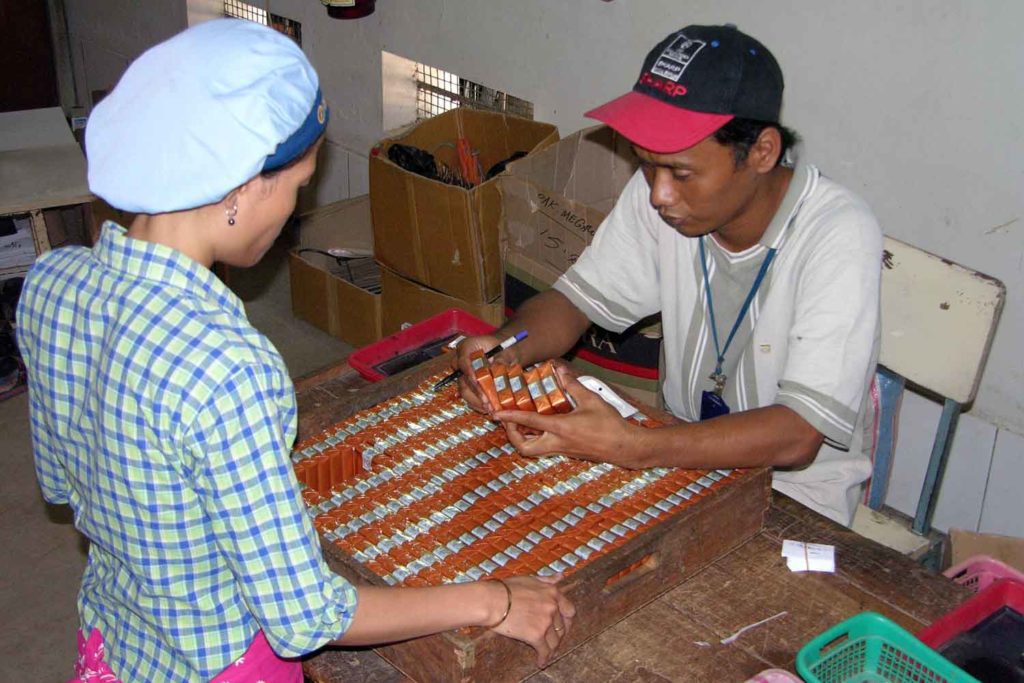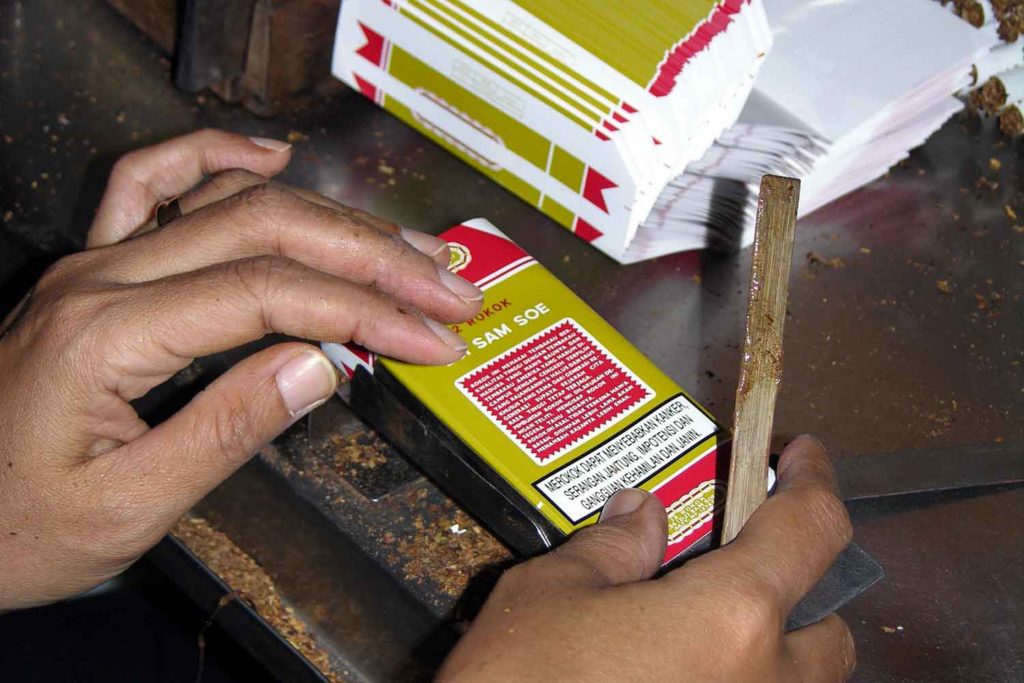
Sampoerna has appointed Johan Bink as the operations director, succeeding Dina Lombardi, and Gunnar Beckers as marketing director, succeeding Francisca Rahardja.
Previously, Bink served as director of manufacturing at Papastratos, an affiliate of Philip Morris International in Athens, with over 33 years of experience in supply chain management and production planning.
Beckers previously served as PMI global head of consumer experience in Lausanne, Switzerland, with over 20 years of experience in marketing.
“Johan’s extensive experience in operations, from production floor to central functions, and his strong communication and leadership skills will continue to be great assets in his new role,” said Sampoerna President Director Vassilis Gkatzelis in a statement.
“Meanwhile, Gunnar is a well-rounded executive, who has consistently created value across diverse assignments at global, regional and market levels. His strategic perspective, wide international experience, strong collaborative spirit, focus on consumers, and ability to build brands will be great assets in his new role.”
Gkatzelis also expressed his gratitude to Lombardi and Rahardja for their contributions and leadership at Sampoerna. Both will assume new responsibilities within the PMI organization.
“Ibu Dina has always prioritized the safety and development of our people, thus role-modeling the Sampoerna and PMI values during the very challenging pandemic period. She guided Operations in reaching monumental milestones, including the establishment of the manufacturing facility for innovative smoke-free tobacco products,” said Gkatzelis.
“Meanwhile, Ibu Francisca has been leading the Marketing organization through very challenging times in a forward-looking way. In addition, she built solid foundations for the Consumer-Centric Organization. At the same time, she also contributed to the early journey of the innovative smoke-free tobacco products that Sampoerna introduced to adult consumers in Indonesia,” said Gkatzelis.

